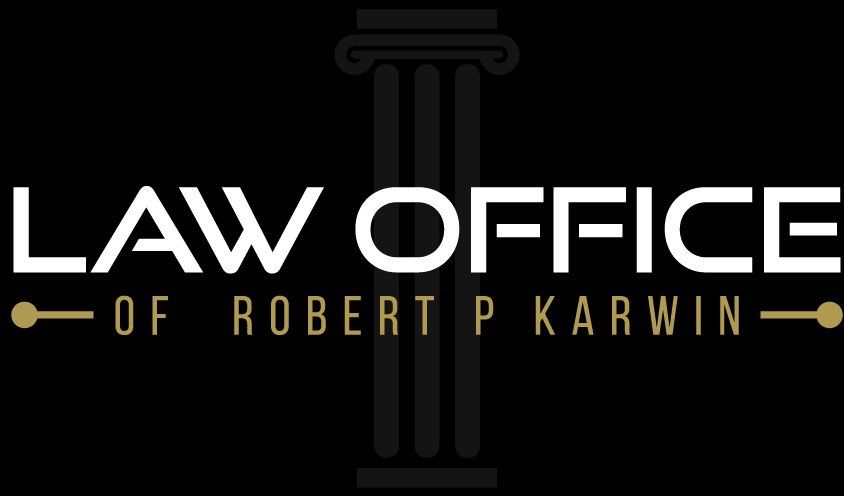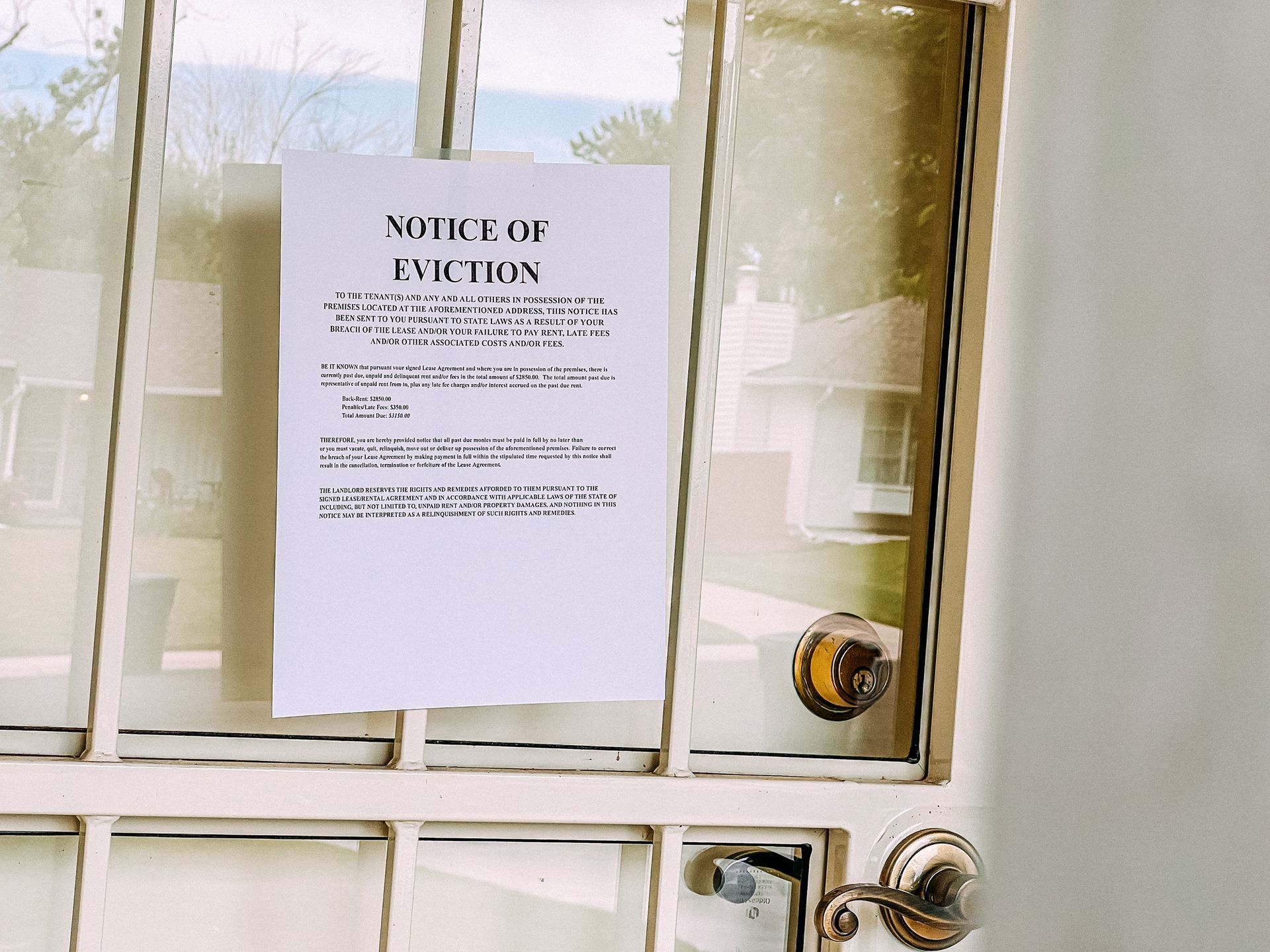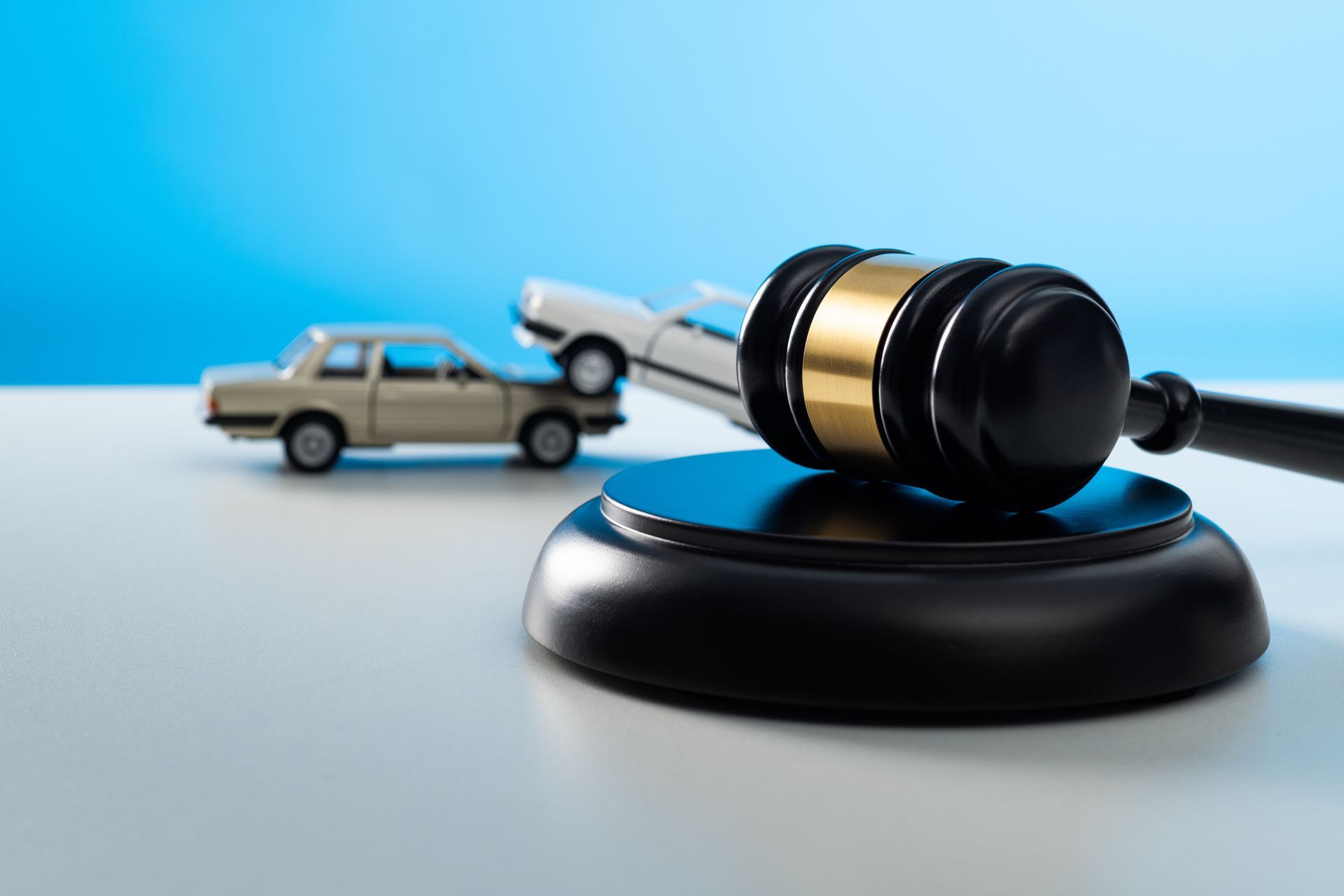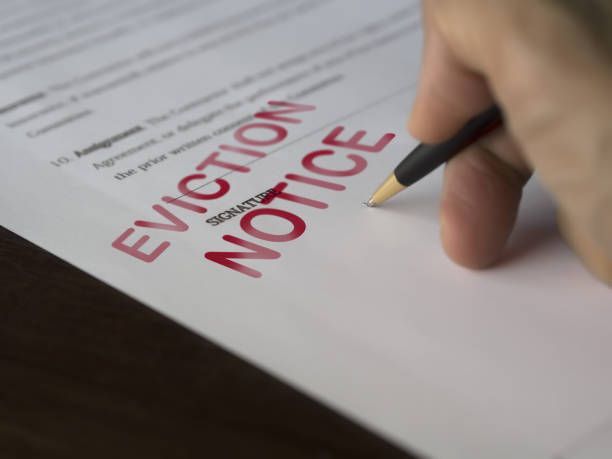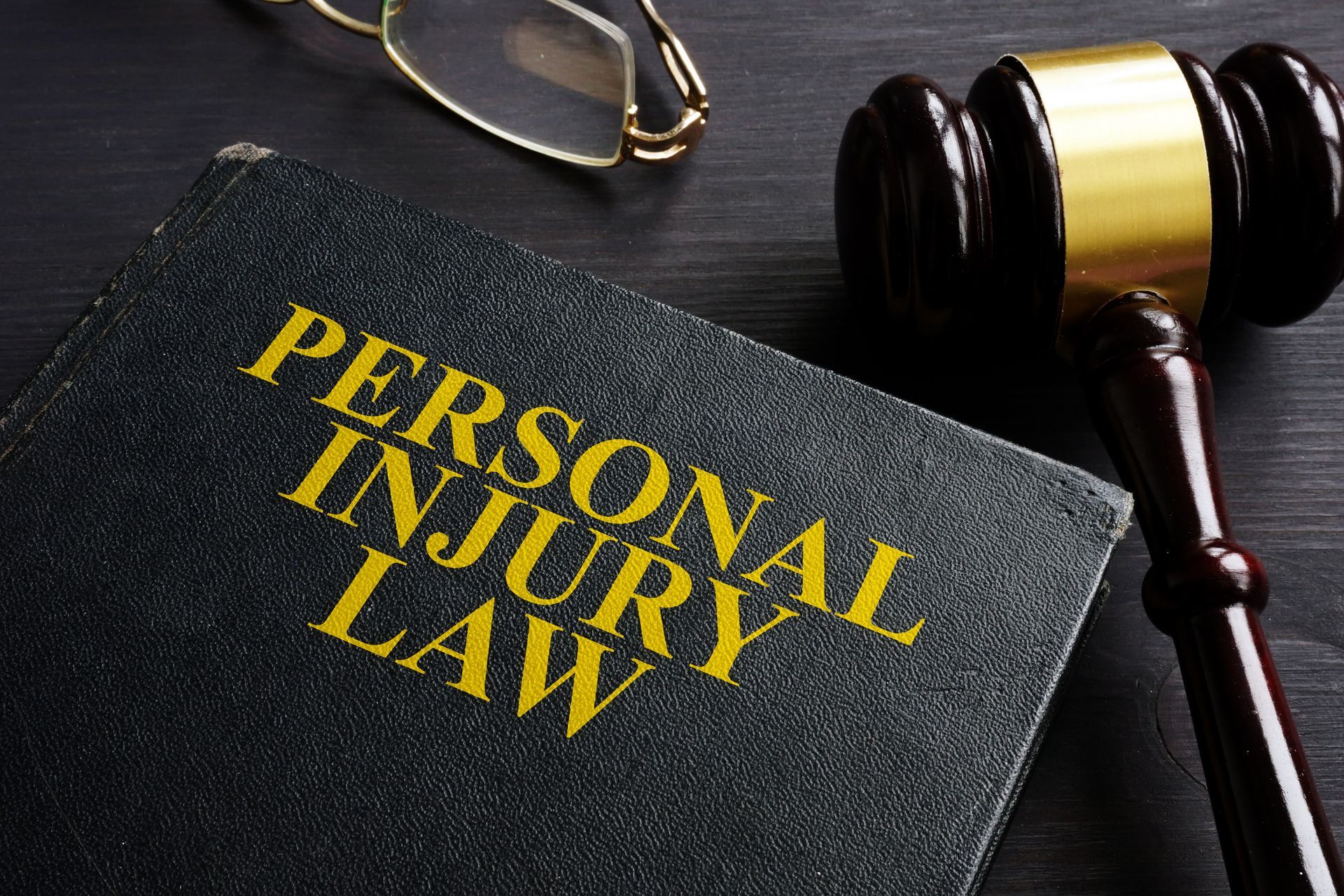Ensure Maximum Settlement: Personal Injury Settlement Negotiation Tips

Most personal injury cases in the US don't proceed to trial, thanks to out-of-court settlements. However, to ensure that you get maximum compensation in an agreed settlement, you must have a strong claim supported by required documentation and watertight evidence and present it persuasively.
Also, since the defendant's insurance company may present a lower offer, you (or your lawyer) must have excellent negotiation skills to raise that figure to a satisfactory amount.
Below are some tips to ensure maximum settlement.
Know How Much Your Injury Case is Worth
Before you file a personal injury case or start negotiations with the defendant's insurer, you must know the value of your case. You need this figure when writing a demand letter to the insurance company and during negotiations. Your lawyer uses your damages and the extent of your injuries to calculate the value of your claim.
However, never be too rigid during negotiation, as the adjusters may also point out some facts that weaken your case. A useful rule of thumb is to set a minimum amount you can accept and slightly lower what you had quoted once the adjusters make an offer.
Don't Accept the First Offer
Like any other negotiations, the insurance company may offer an absurdly low counteroffer to trick you into lowering your claim further and see whether you know what your claim is worth. If the amount is too low to trigger a counteroffer on your side, ask the adjuster to give specific reasons why you should lower your demand.
If the reasons are reasonable, offer a slightly lower counteroffer to show that you are willing to negotiate but don't accept any offer until you both get to a fair figure.
Support Your Claim
If you compellingly present your strongest points, you can convince the defendant that you have a strong case. You need enough evidence to prove that the injuries caused by the defendant led to losses, like medical expenses, loss of income, and decreased quality of life.
For example, if the injury adversely affected your ability to earn a living due to your injury, you can send the adjuster a video of how your life has changed after the accident and any supporting documentation.
Other important factors to emphasize include the negligence of the defendant and your willingness to file an injury lawsuit.
Be Patient
Never show adjusters haste to settle your claim. The best strategy is to make them believe you are willing to wait until your injuries heal. This negotiation tactic prompts the adjuster to raise their offer because they want to close your file as soon as possible. Your lawyer also needs time to collect the evidence required to support your claim if your case proceeds to trial.
Seek Legal Help
Due to the complex legal matters in a personal injury case, you need an experienced lawyer to represent you during negotiations or in court. Your lawyer uses legal knowledge to collect the evidence required to prove fault and substantiate your claim.
Also, due to their expertise, personal injury lawyers can gather vital evidence and help you avoid mistakes that could harm your case, like admitting fault or sharing too much information with insurance adjusters.
Since personal injury compensation is not automatic, you must prove that the defendant's negligence caused your injuries and that you have suffered losses. If you choose an out-of-court settlement, use the tips above to ensure that the defendant pays you maximum compensation for your injuries.
At the Law Office of Robert Karwin, we boast a team of experienced lawyers dedicated to helping our clients get full compensation for their injuries. Contact us today for a free consultation.
